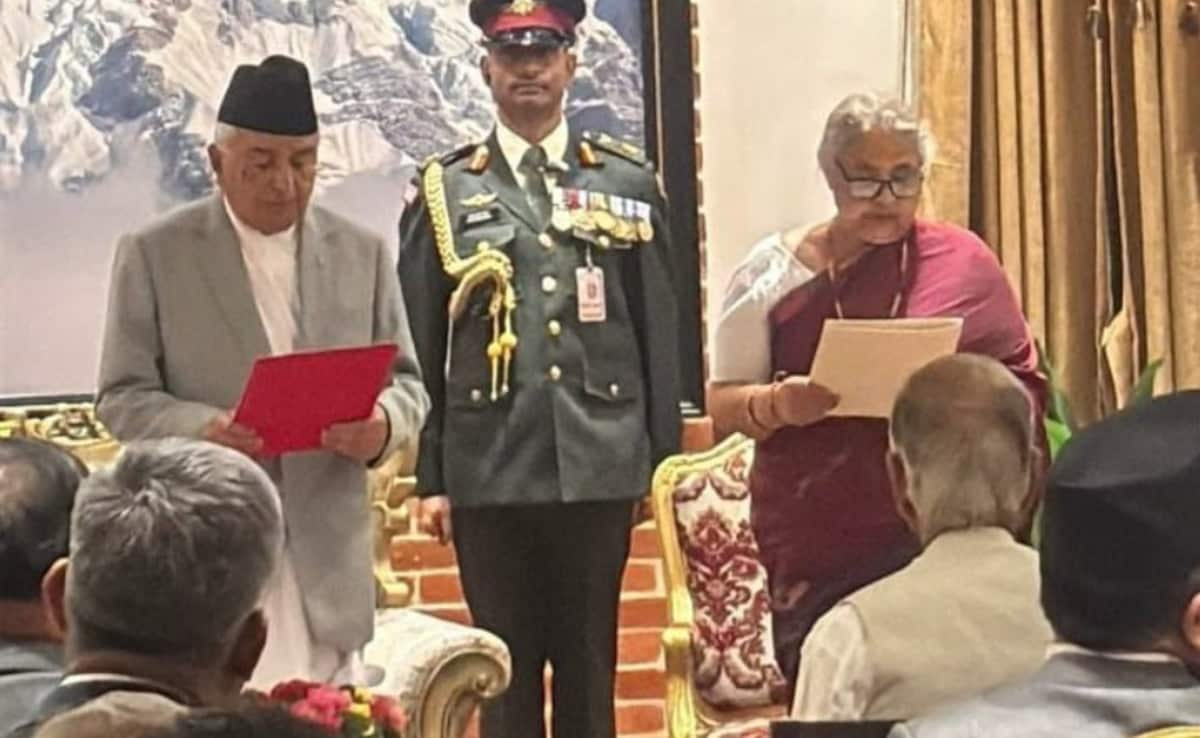Protesters on that day had answered a call for a peaceful demonstration by the French branch of the National Liberation Front, which was fighting for Algerian independence, against a discriminatory nighttime curfew targeting Algerians in the Paris region.
âThe repression was brutal, violent, bloodyâ under the orders of Paris police chief Maurice Papon, Macron said in a statement released Saturday. About 12,000 Algerians were arrested and dozens were killed, âtheir bodies thrown into the Seine River,â the statement said.
Historians say at least 120 protesters died, some shot and some drowned, according to Macronâs office. The exact number has never been established as archives remain partially closed.
Papon later became the highest-ranking Frenchman convicted of complicity in crimes against humanity for his role in deporting Jews during World War II.
Human rights and anti-racism groups and Algerian associations in France staged a tribute march in Paris on Sunday afternoon. They called on authorities to further recognize the French stateâs responsibilities in the âtragedies and horrorsâ related to Algeriaâs independence war and to further open up archives.
Fabrice Riceputi, a historian who recently published a book âHere, we drowned the Algeriansâ about the event, told The Associated Press âitâs a late colonial massacre, weâre a few months away from Algerian independence, but (itâs) also a starting point in the history of the Republicâs treatment of immigrants.â
The massacre âspeaks of a moment when unquestionably there was state racism, of colonialism,â he said.
Riceputi described the bloodshed as âthe climax of police harassment and violence against the Algerians in the Parisian regionâ that had started the month before, including police raids in slum areas where Algerians were living on the outskirts of Paris, with some homes being destroyed and corpses found in the Seine even before the protest day. âItâs the culmination of a period of terror,â he said.
Activists want the massacre to be recognized as âstate crimeâ committed by police, the opening of a memorial site, and reparations, amid other demands.
The Movement against racism and for friendship between people, or MRAP, deplored that Macronâs statement did not include âany word about the context of the Algeria war, any word on colonialism, nothing about archives... even less about reparation.â
Earlier Sunday, Paris Mayor Anne Hidalgo attended a tribute ceremony at the Saint-Michel bridge, in the capitalâs city center.
Macron paid tribute to victims on Saturday at the Bezons bridge over the Seine River in the northwest of Paris. He was the first president to attend a commemoration event for the massacre.
Earlier this year, he announced a decision to speed up the declassification of secret documents related to Algeriaâs 1954-62 war of independence from France. The new procedure was introduced in August, Macronâs office said.
The move was part of a series of steps taken by Macron to address Franceâs brutal history with Algeria, which had been under French rule for 132 years until its independence in 1962.
In 2018, Macron formally recognized the responsibility of the French state in the 1957 death of a dissident in Algeria, Maurice Audin, admitting for the first time the French militaryâs use of systematic torture during the war.
.png)











 English (United States) ·
English (United States) ·  Turkish (Turkey) ·
Turkish (Turkey) ·